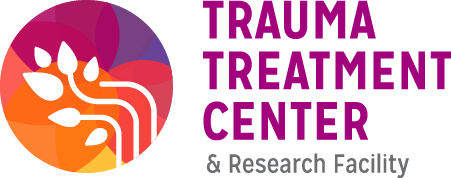Occupational Therapy
Occupational Therapy is a unique health profession that helps individuals to develop the skills needed for day-to-day activities that have been interrupted by injury, illness, chronic disease, developmental delays, trauma, the impacts of aging, or other health factors.
Occupational therapists are highly trained healthcare professionals that evaluate and assist individuals that are having difficulty participating in meaningful activities or “occupations” that are needed to perform their daily routines and live their life to the fullest.
This may include development of life skills such as learning at school, playing, completing self-care tasks, relating to others and fulfilling their role as a family member, leisure activities, socializing, activities of daily living, work.
Why would a child/adult be referred to occupational therapy?
Fine motor difficulties
Eye-hand coordination difficulties
Visual motor delays: printing, drawing, forming shapes, coloring
Visual perceptual delays: sorting, matching, figure-ground, scanning
Self-care delays: dressing, feeding, grooming, bathing
Sensory Processing: delays in adaptive responses to sights, sounds, movement, taste and touch
Decreased strength
Decreased range of motion
Social difficulties: interacting with others, following others, play/leisure, working, safety procedures
Yoga based Psychotherapy
Learn body based coping skills such as yoga, breath, and meditation to help calm the nervous system and mediate trauma symptoms. Body based coping skills are used in conjunction with trauma processing to address the psychosomatic effects of trauma.
Therapeutic Massage
Therapeutic massage is an integrative, healing profession, performed by a board- licenced therapist. We focus on soft-tissue manipulation using varying pressure on muscle and connective tissue. The goal of therapeutic massage is to help treat a range of conditions including muscle tension, pain control, and general stress reduction.
Massage is effective for addressing anxiety and depression by affecting the nervous system’s stress cycles. Using integrative modalities, therapeutic massage decreases high levels of stress hormones that overwhelm the nervous system when experiencing anxiety or pain. Massage also provides an opportunity for the nervous system to regulate and for the entire body to relax.
Research shows that massage lowers blood pressure while increasing blood and lymphatic circulation throughout the body, decreasing insomnia, providing feedback for body awareness, and bringing awareness to breathing patterns. Therapeutic massage can be a supportive treatment in conjunction with mental health services because it provides numerous benefits and allows the recipient to experience decreased stress and a lasting sense of wellbeing.






